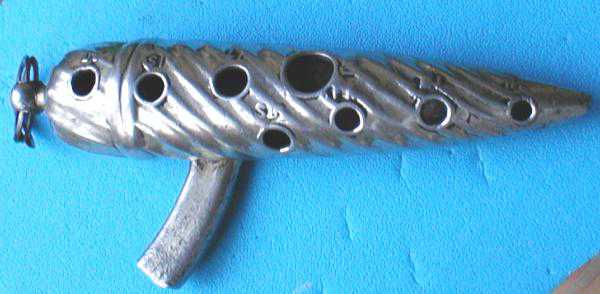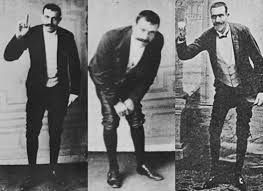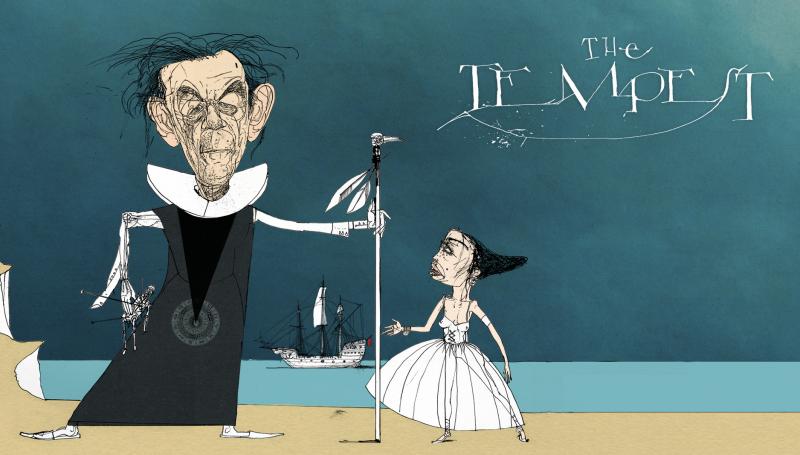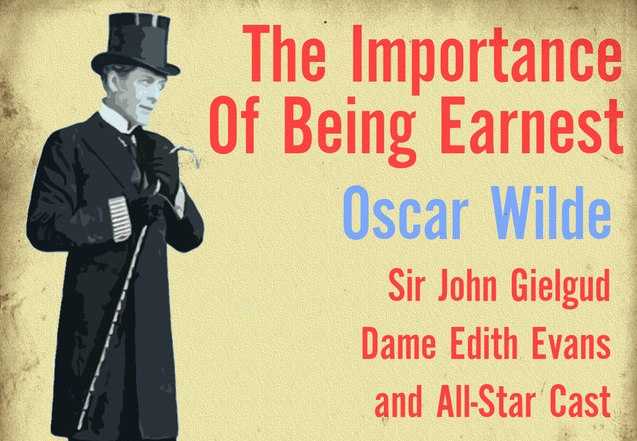Say what you will about Kim Kardashian. (Go ahead, I’ll wait.)
Yes, she may only be famous for being rich and famous—not a particularly admirable cultural achievement. But, “and this is the big word: B‑U-T-T‑,” says Helen Mirren, “it’s wonderful that you’re allowed to have a butt nowadays… Thanks to Madame Kardashian.” Should you think Madame Kardashian’s butt-baring shameful, you’ll have Dame Helen to deal with, and she may not deal with you kindly.
Though the Kardashians are “a phenomenon I just don’t find interesting,” Mirren said recently, she admires Kim and other women in pop culture for their body positivity: “When I was growing up, it was thought to be unbelievably sluttish to even have a bra strap showing. Everything was about women conforming…. Women were controlled by being shamed…. I love shameless women. Shameless and proud.”
Mirren knows well of what she speaks. Though an accomplished stage actress since the mid-sixties, she has been pigeonholed by critics as a sex symbol throughout her career in theatre and film. While performing with the Royal Shakespeare Company, one paper dubbed her “Stratford’s very own sex queen.” Mirren’s early film work included nude scenes in 1969’s Age of Consent and the 1979 Bob Guccione-produced Caligula, and she has called the decade between those two films the most sexist time in recent history, “worse than the 1940s or 50s,” she says, “It was horrible. That decade, after the sexual revolution but before feminism, was perilous for women.”
Some evidence is on display in the clips above from an infamous 1975 interview Mirren gave with a leering Michael Parkinson. The interview begins, at the top, with Parkinson quoting several critics on Mirren’s “sluttish eroticism,” among other things. It quickly goes downhill from there. Mirren shrugs off the sexist lingo; Parkinson can’t shut up about it, asking if “what can best be described as your ‘equipment’ hinders you, perhaps, in that pursuit” of being, he says, “in quotes a ‘serious actress.’” Asked to clarify, he stumbles, then says that her body “might detract from the performance, if you know what I mean.” She doesn’t.
Mirren doesn’t make this belittling sexism easy for Parkinson, but he can’t seem to stop himself. It’s hard to watch, but also inspiring to see her poise and confidence in the face of his boorishness. (She calls his questions “boring” and he finally vows to “leave off this sexy image thing,” though he comes back to it.) Yvonne Roberts in The Guardian calls the interview “far from unusual,” and the kind of thing that “gave Jimmy Savile his cover.” She also says that though “Mirren is right on the impact of the sexual revolution,” she is “wrong on chronology. The 70s was the decade when feminism took hold—and perhaps that’s why sexism became still more marked.” Pronounced backlash always follows social change, a phenomenon we’ve seen so often that it seems inevitable.
The Parkinson interview was Mirren’s first talk show appearance, and she remembers being “terrified” at the time. On re-watching the interview in 2011, she said, “I actually thought, bloody hell! I did really well. I was so young and inexperienced. And he was such a f***ing sexist old fart. He was.” She remembers him as “an extremely creepy interviewer” and told BUST magazine in 2010 she was “far more polite than I should have been.” Mirren got the chance to confront Parkinson about that creepy 1975 appearance when she returned as a guest on his show in 2006 to talk about her title role in The Queen.
In the clip above from that appearance, Parkinson returns to the subject of Mirren’s breasts in discussing her lead part in the BBC police procedural series Prime Suspect. She forthrightly takes him to task. “I’m glad you mentioned that, Michael,” she says, “because you can’t resist, can you?” Of the 1975 interview, she says, “I hated you. I thought you were a sexist person.” Parkinson hasn’t changed, it’s clear, but Mirren says she’s “mellowed.” The exchange is a lot less awkward, perhaps because Parkinson knows he can’t bully Mirren the movie star as he did the young stage actress.
Though Mirren now says she’s happy to no longer be a sex symbol, she also expresses admiration for “women who have claimed their own bodies…. They all raise their middle fingers to this epithet of ‘slut.’ They wear what they want to wear, behave as they want to behave.” Though she did not have children, she tells BUST she would have taught her daughter to “say ‘f*ck off’ in the face of sexism”: “It’s quite valuable to have the courage and the confidence to say, ‘No, f*ck off, leave me alone, thank you very much.” Sadly, as we see again and again, in a culture that still shames and devalues women, and enables rape and sexual violence, that courage and confidence, incredibly valuable as it is, isn’t enough to stop continued rampant sexism and abuse in the entertainment industry and everywhere else.
Related Content:
Helen Mirren Now Teaching Her First Online Course on Acting
Download All 239 Issues of Landmark UK Feminist Magazine Spare Rib Free Online
Simone de Beauvoir Tells Studs Terkel How She Became an Intellectual and Feminist (1960)
Josh Jones is a writer and musician based in Durham, NC. Follow him at @jdmagness





